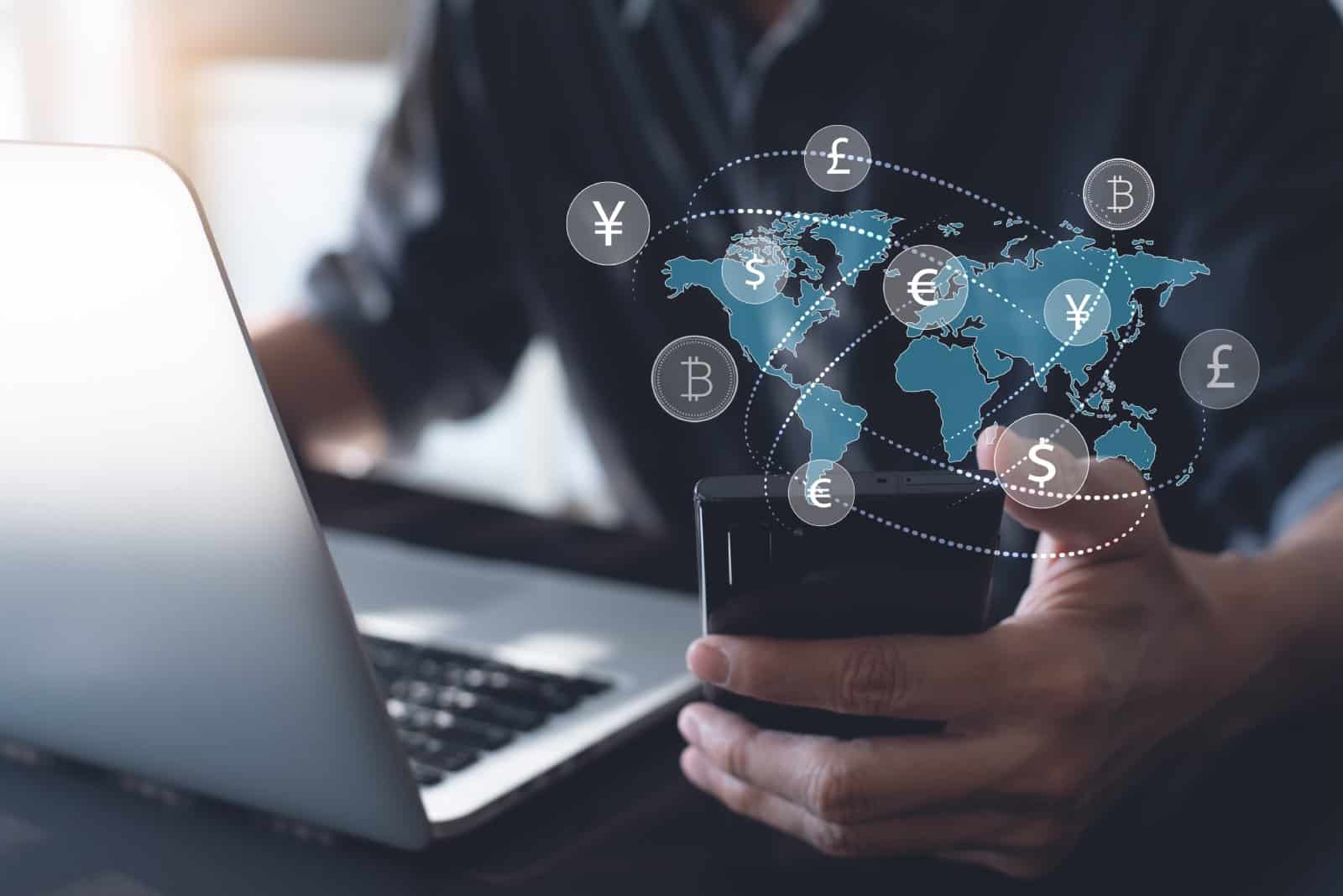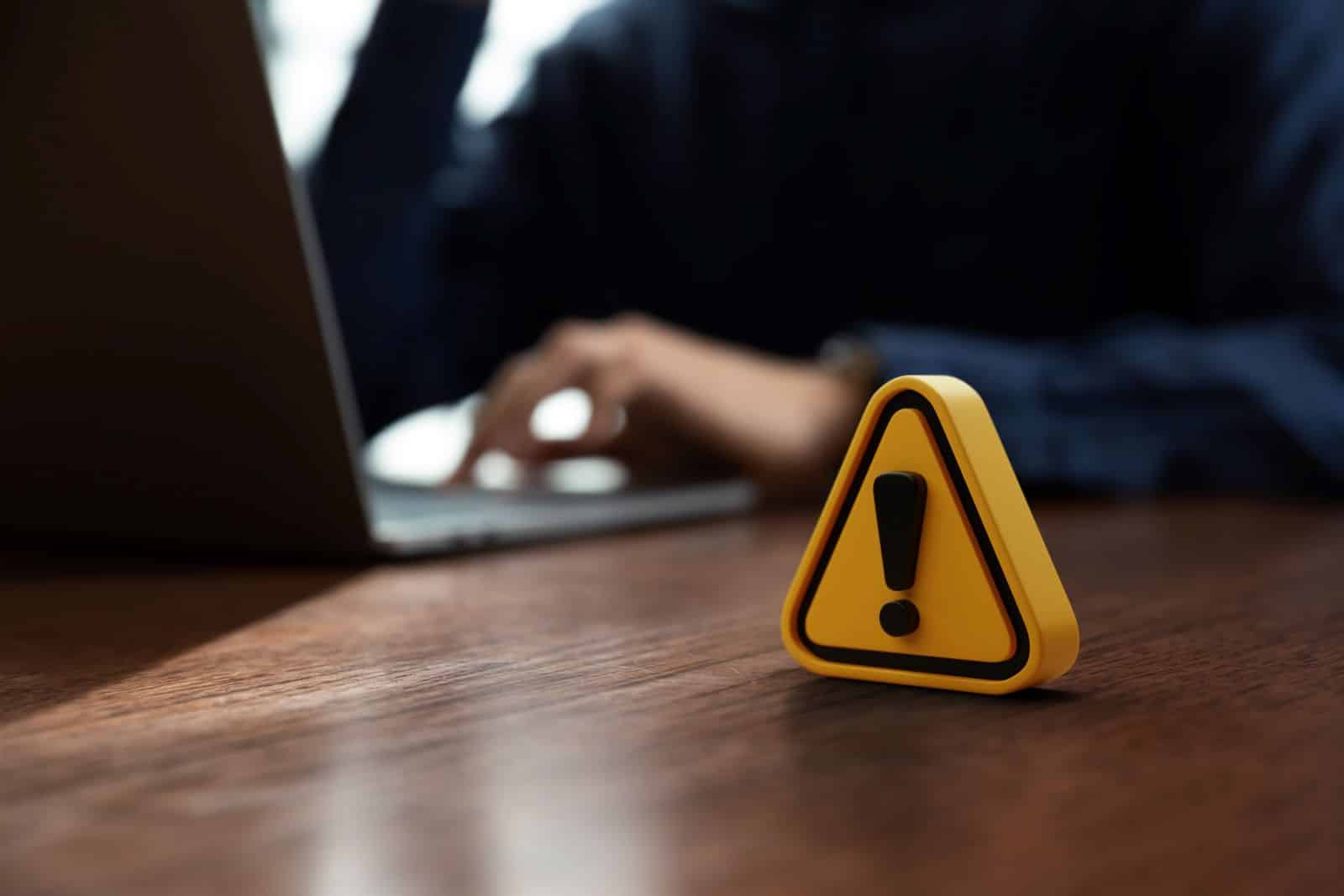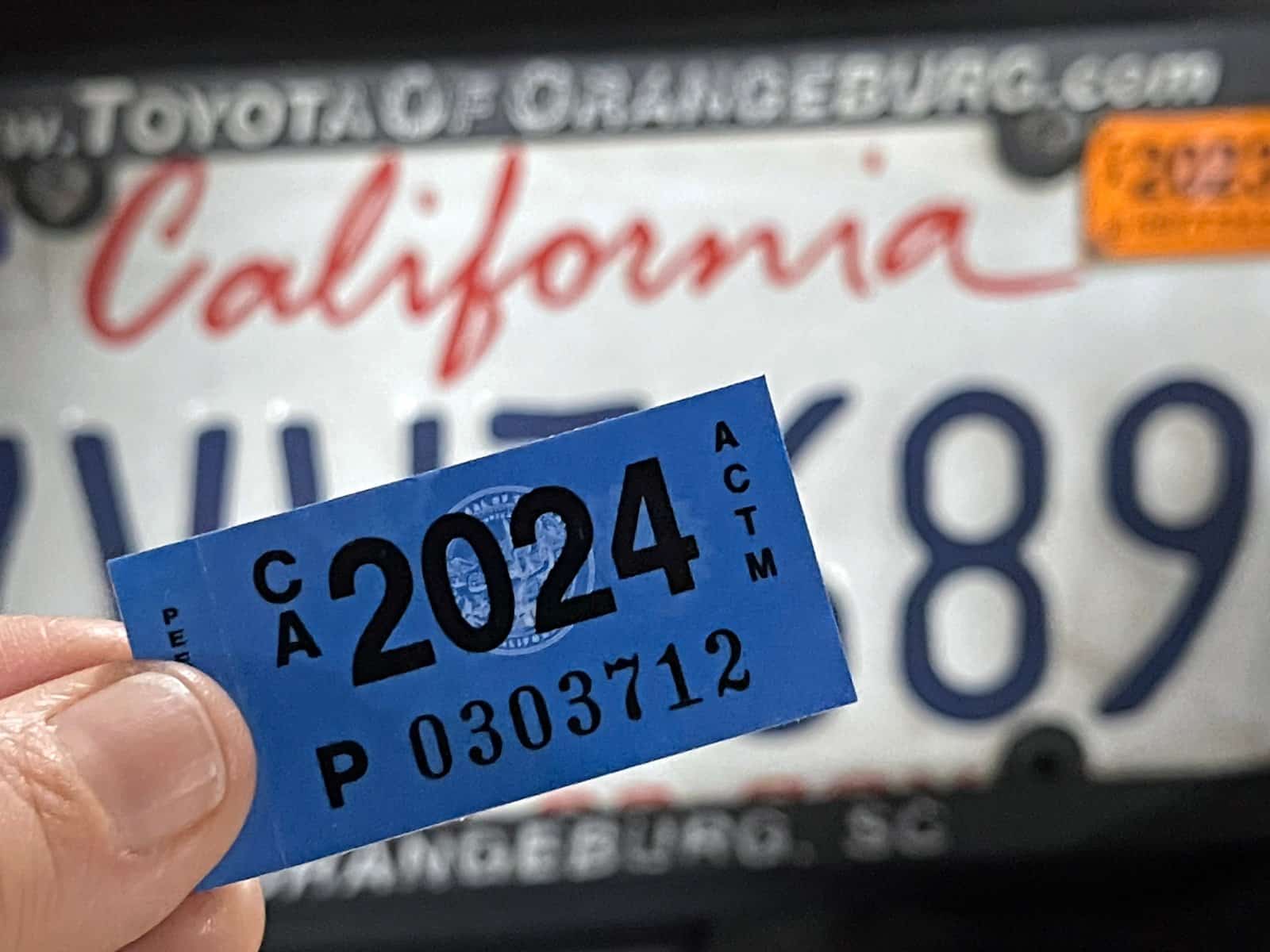The buzz around a digital dollar is getting louder. Some think it will be a revolutionary leap for the U.S. economy, while skeptics are warning of 1984-like consequences. As global economies turn towards digital currencies, will the dollar go digital?
A Digital Dollar: What Is It?

Imagine your money existing purely in electronic form, directly issued by the Federal Reserve and recorded on the blockchain - a digital decentralized public ledger that’s essentially unhackable.
Quick And Easy Transactions

This is the vision for a central bank digital currency (CBDC), or digital dollar. Unlike physical cash, a digital dollar would streamline transactions, making them faster and cheaper by cutting out the middlemen. But is America ready for this leap?
The Promise of Efficiency

Supporters of the digital dollar argue that it could modernize America’s financial system. Transfers would be instant and would reduce the need for multiple middlemen - banks, credit card companies, etc - and their associated fees.
Stepping To The Future

This efficiency could open up banking to more people. Supporters claim it would be a step into the future, one that would push the U.S. economy into the digital age. But there’s a dark side to all this.
Is Big Brother Watching?

Critics warn that a digital dollar could give the government free reign over our finances. Every transaction could be tracked, recorded, and questioned, which raises massive privacy concerns.
Jerome Powell’s Comments

Federal Reserve Chair Jerome Powell recently acknowledged these fears, stating that the U.S. is “nowhere near” adopting a digital dollar.
Global Pressure

While the U.S. debates the digital dollar, other countries are moving forward with their own digi-currencies. China’s digital yuan is already in use, and dozens of other nations have launched pilot programs for their own CBDCs.
Is The U.S. Falling Behind?

According to the Atlantic Council, all G20 countries are in the process of creating digital currencies. When this news came out, it prompted many to argue that the U.S. risks falling behind if it doesn’t act soon.
A Political Hot Potato

In the run-up to November’s election, the digital dollar has become a controversial issue. Republican lawmakers are particularly loud about the potential it has for government overreach.
Could It Be The Start Of 1984?

They argue that a digital dollar could lead to invasive surveillance and control over our personal spending. Powell himself has compared the situation to China’s approach, where the government can see every digital transaction.
The Roadblocks

Aside from privacy issues, there are practical hurdles. A digital dollar would require a lot of digital infrastructure, which could take years to develop.
Issues In the Sticks

Access is another concern - people in the countryside or with limited internet connectivity might have issues with a digital currency.
Government Restricted Spending

On top of that, the idea of programmable money - where the government could potentially restrict certain purchases - has caused many to turn their nose up at the concept.
Voices of Reason

Despite the challenges, some experts see the digital dollar as inevitable. Damon Polistina from Eaglebrook - a crypto company - explained that the digital dollar becomes more likely as society develops and becomes more and more accepting of technology.
The Benefits of CBDC Compared To Crypto

He argues that while a digital dollar would be centralized and subject to the Federal Reserve’s policies, it would still provide greater stability and security compared to decentralized cryptocurrencies.
The Slow March Forward

While the U.S. continues to explore the concept of a digital dollar, the road is long and fraught with pitfalls. President Biden’s 2022 executive order has prompted further research into digital currencies, but widespread adoption is a long way away.
Is CBDC The Right Way To Go?

Only a handful of countries have fully operational CBDCs, and their success has been mixed at best.
A Long Road Ahead

The debate over a digital dollar is far from settled. While it could have significant benefits, the risks and challenges are huge.
Risky Business

Worries about privacy, dealing with complex technology, and pushback from politicians make figuring out what to do next tricky.
Future Outlooks

As central banks worldwide experiment with CBDCs, the U.S. must carefully weigh its options. Will it lead the charge into a digital future or remain cautious on the sidelines? Only time will tell.
23 Steep Taxes Adding to California Residents’ Burden

California: a place of sunshine, innovation, and, unfortunately, some of the nation’s highest taxes. From LA’s beaches to Silicon Valley’s tech hubs, residents grapple with a maze of state taxes. Here’s a glance at 23 taxes that might surprise both Californians and outsiders. 23 Steep Taxes Adding to California Residents’ Burden
Cash in on Nostalgia: 21 Toys Now Worth a Fortune

Time to dust off the boxes and find that once-cherished toy from your childhood. For collectors and enthusiasts, these items have become valued objects, and they can be worth big bucks – are there any of these in your attic? Cash in on Nostalgia: 21 Toys Now Worth a Fortune
Millennials Don’t Buy These 19 Products Anymore

Millennials are changing consumer habits, quietly replacing once-staple products and traditions. Often criticized for their disruptive preferences, this generation is reshaping the marketplace with digital expertise, ethical buying, and a taste for the unconventional. Millennials Don’t Buy These 19 Products Anymore
Featured Image Credit: Shutterstock / Muhammad Alimaki.
The content of this article is for informational purposes only and does not constitute or replace professional financial advice.
